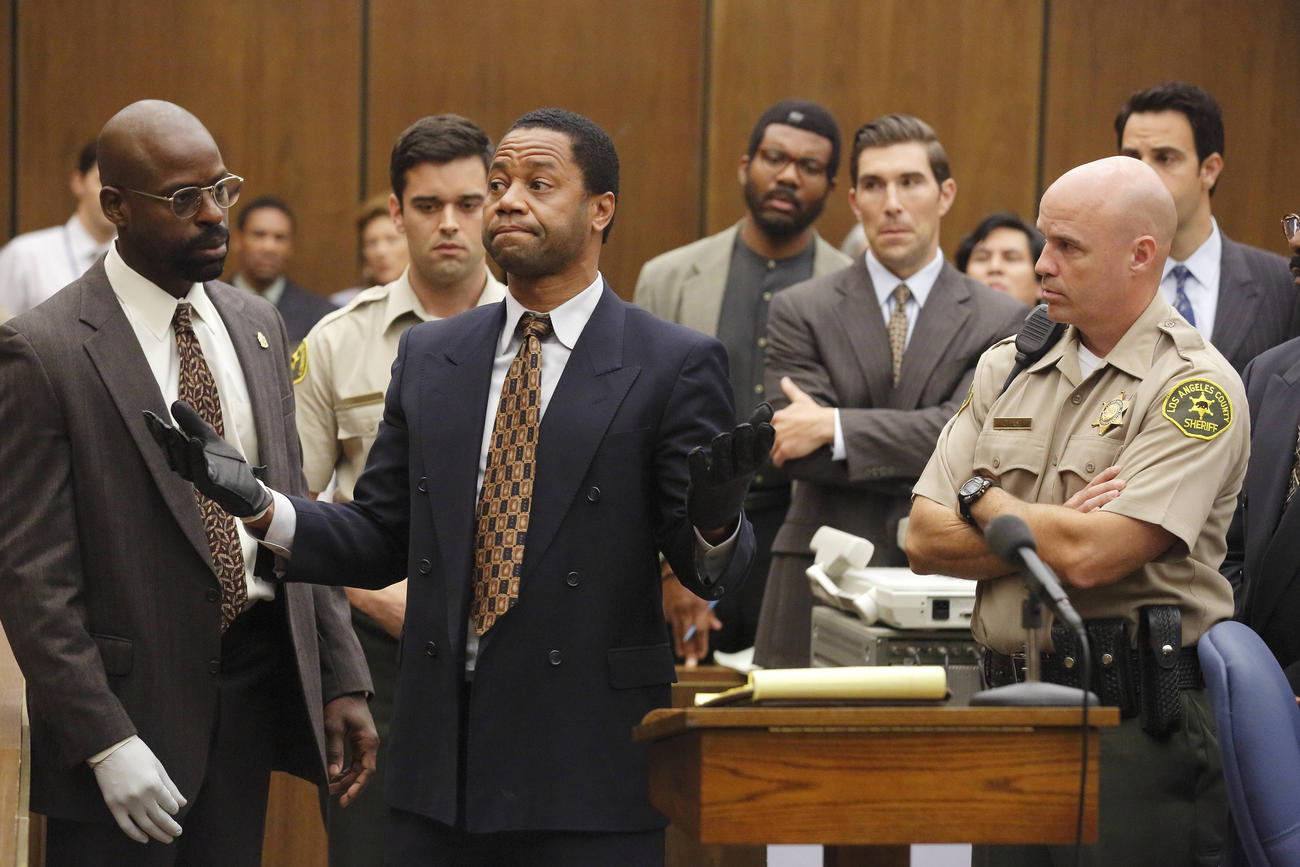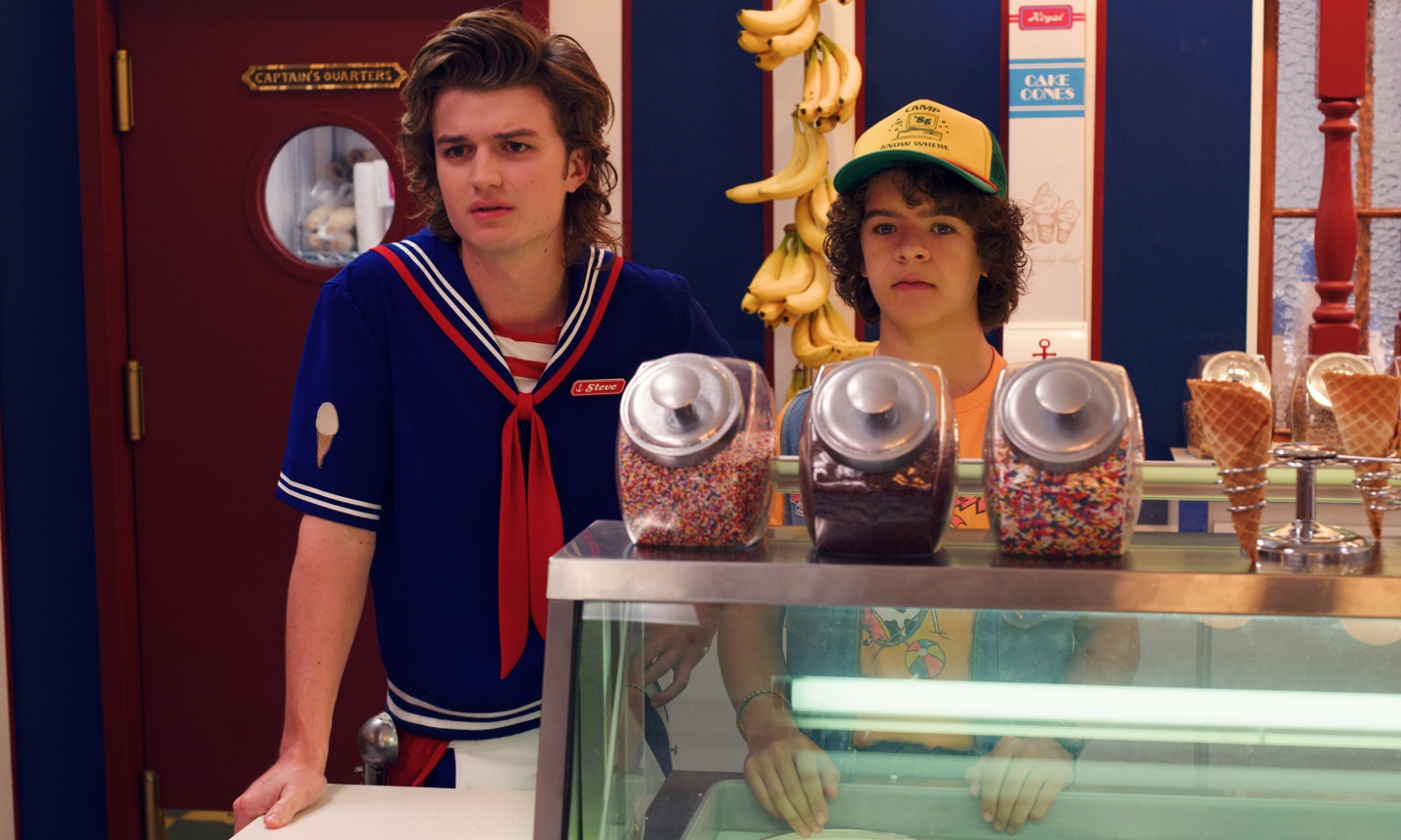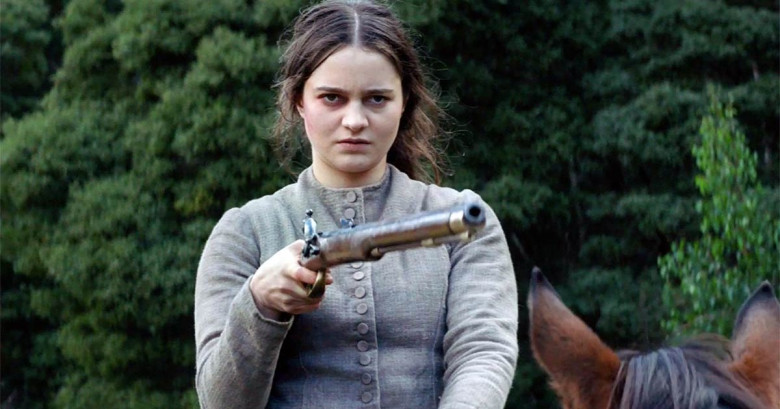American crime television seemed to have been in a rut until these past couple years. Shows like the 2015 docudrama Making a Murderer, 2014’s How To Get Away with Murder and this year’s The People v. O.J. Simpson have given American crime shows a new spin. All these series dramatize and put into question the American legal system’s core values and functions, finally laying rest to all the CSI and NSCI, Criminal Minds, Without a Trace shows that have been lazily trivialising this genre by repeating the same concepts over and over again. (With the exception of Dexter, that tried something somewhat more original) We’re at a day and age where the penal system is a very real issue in the United States.
This gives oxygen to documentaries such as Netflix’s 13TH , which sheds light on the problem of race within the U.S. justice system and the mass incarceration of African-Americans; potentially exonerating the 13th Amendment, that abolished slavery in 1865. The People v. O.J. Simpson plays in a similar ball park,, exclusively revolving around the infamous 1994 O.J. Simpson murder trial lead by a defense “Dream Team” of nine lawyers which included Robert Shapiro (John Travolta), Robert Kardashian (David Schwimmer) and Johnnie Crochran (Courtney B. Vance). The series focuses on how the prosecution (also referred to as “the people”), headed by Marcia Clark (Sarah Pulson), try to build a case against Simpson, and prove him guilty of first degree murder of his ex-wife Nicole Brown and her lover Ron Goldman.
In my opinion the show doesn’t come to Simpson’s defense, if anything it alludes to his guilt — then again the series arguably isn’t about whether or not O.J. is or isn’t guilty; it’s about the fractured nature of the legal system. Similarly to the 13th , FX’s new limited series succeeds at stressing the racial problems within the American justice system by depicting how black people are constantly being accused of crimes they don’t commit. Even simply driving through extremely white Rodeo Drive in Beverly Hills can cause a cop to pull an African-American father and his young children over just because of his skin color. O.J. fans take the streets of L.A. protesting for his innocence, chanting his guilt is all about his race. On the other hand, Simpson is depicted as a violent, abusive, jealous and egocentric man, and his defense team is nothing less.
The murder trials begin to resemble a race trial, and the issue seeps through every pore of the show, becoming the focal point of O.J.’s acquittal in 1995. The (incomplete) list of powerhouse actors — as well as the uncanny depiction of the real-life characters and the semi-comical depictions of the young Kardashian sisters and Kris Jenner (Selma Blair) — should persuade you to watch this series, which features the theatricalized account of a trial that became one of the biggest victories and defeats of the American justice system. The show has won 22 Primetime Emmy nominations and clinched 9, testament to its nuanced portrayal of a case which continues to be debated today.





